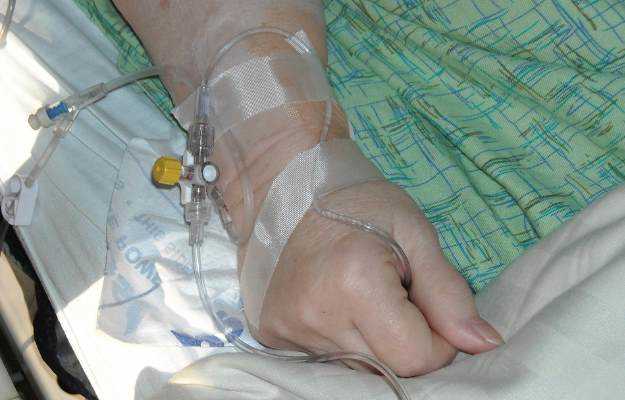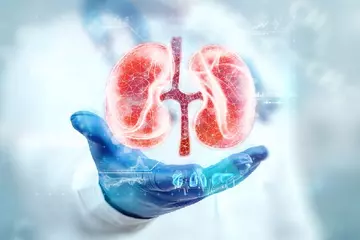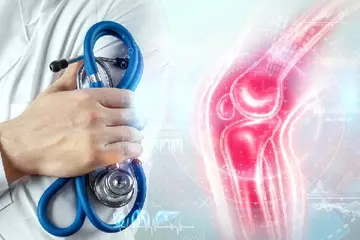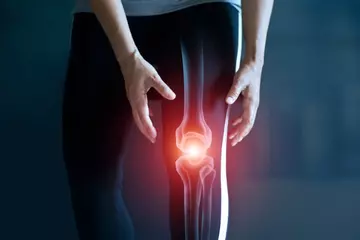What is extravasation?
Extravasation is the inadvertent leakage of the intravenous fluid medication from the vein into the neighbouring tissues during the administration of the intravenous fluids. The vesicant drugs (drugs that cause blistering or injury of tissue) leak and damage the surrounding tissue, leading to severe complications, delaying the management of the primary disease. The amount of damage to the tissue is directly proportional to the concentration of the drug injected and the amount of drug that leaked.
What are its main associated signs and symptoms?
The signs and symptoms associated with extravasation can be classified as:
Early symptoms
- Swelling
- Erythema
- Pain
- Blistering
- Late symptoms
- Skin atrophy
- Ulcer in the affected tissue
- Long-term pain
- Loss of function of the affected part
What are the main causes?
Extravasation can be caused due to the following reasons:
- Improper administration of intravenous fluid
- Skin or blood vessel fragility
- Obesity
- Prolonged intravenous infusion
- Multiple venepunctures in the past
- Lower muscle-to-subcutaneous-tissue mass
How is it diagnosed and treated?
Extravasation is suspected if the individual shows the presence of any related symptoms. Every individual on intravenous therapy must be informed about the signs and symptoms of extravasation. The individual should keep the doctor informed of any symptoms they experience. The healthcare provider may check for the following to diagnose extravasation:
- The absence of blood return from the intravenous cannula
- Resistance while delivering a dose of drug through the intravenous cannula
- The interrupted flow of intravenous fluid
The treatment involves the following steps:
- Prompt discontinuation of the intravenous infusion
- Aspiration (drawing out) of the residual drug
- Removal of the venous access device
- Elevation of the affected limb
- Local cooling of the affected area
- Topical application of corticosteroids
- Topical application of dimethyl sulfoxide
Extravasation can be prevented most of the times by careful, systematic, and skilful administration technique.

 Doctors for Extravasation
Doctors for Extravasation  OTC Medicines for Extravasation
OTC Medicines for Extravasation



















